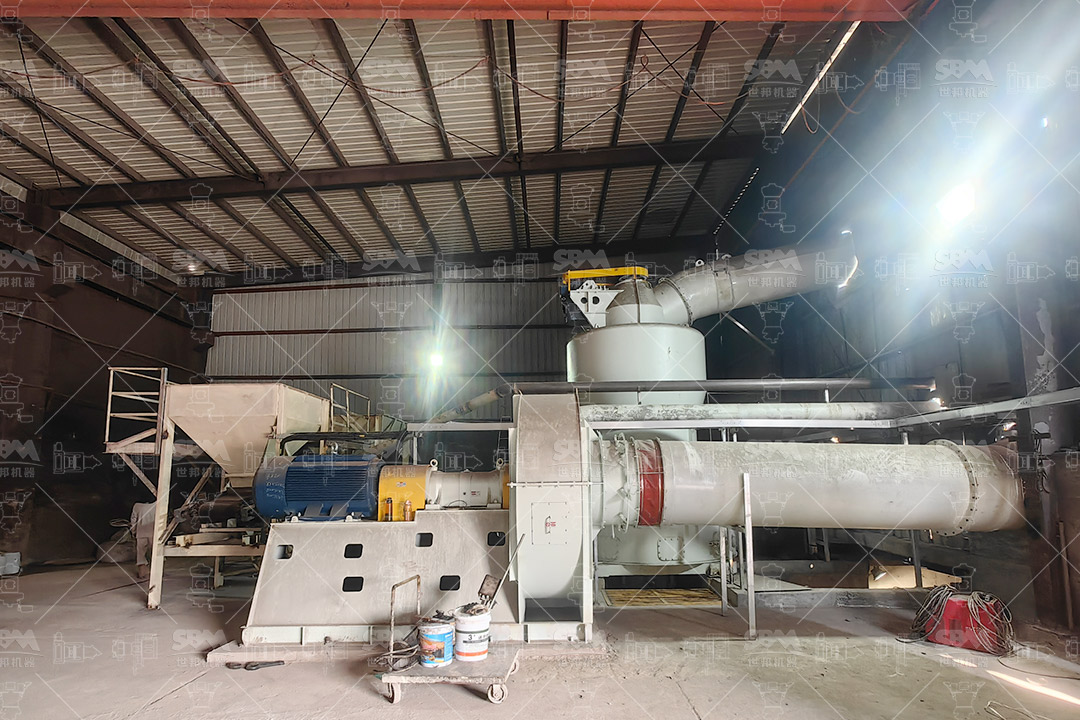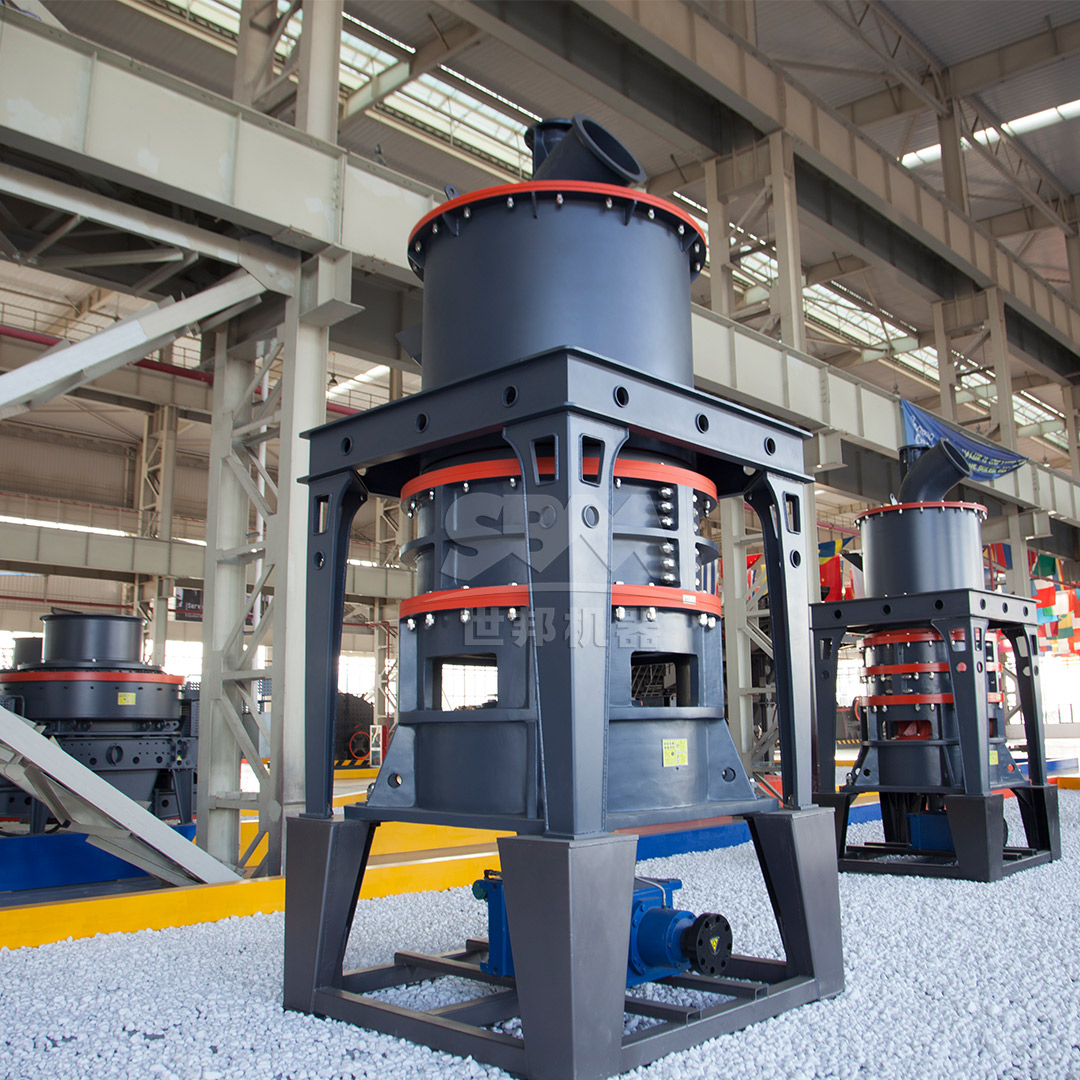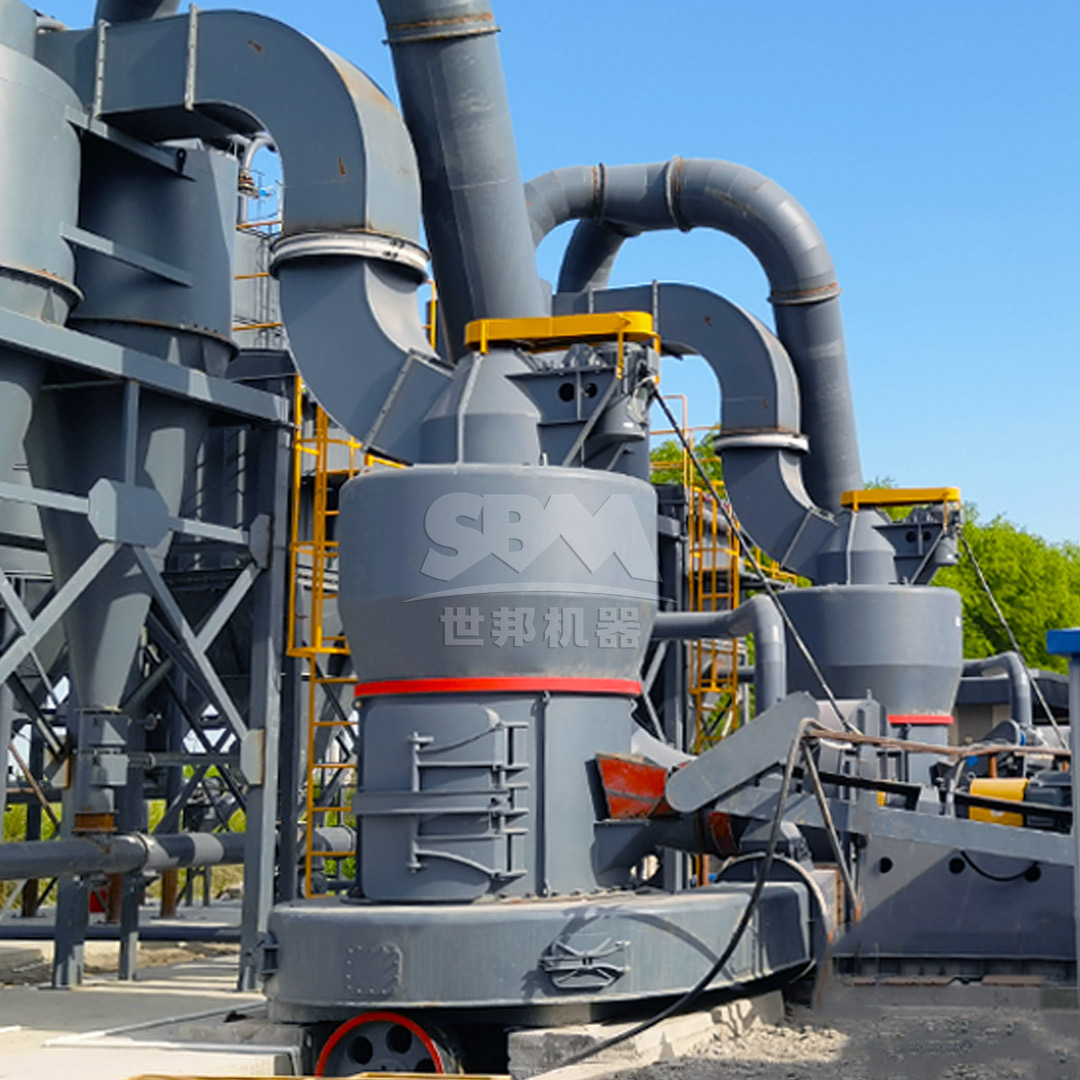Dolomite powder, derived from the mineral dolomite (CaMg(CO3)2), is increasingly recognized as a valuable functional filler in the rubber industry. Its unique chemical and physical properties contribute significantly to enhancing the performance, durability, and cost-effectiveness of rubber products. This article explores the role of dolomite powder in rubber applications, detailing its benefits, processing requirements, and the advanced machinery needed for its production.
Dolomite powder is characterized by its high whiteness, thermal stability, and excellent dispersion properties. Its particle size distribution, surface area, and morphology are critical factors that influence its effectiveness as a filler. The powder’s ability to improve mechanical properties, such as tensile strength and abrasion resistance, while reducing material costs, makes it an attractive alternative to traditional fillers like calcium carbonate or talc.

Incorporating dolomite powder into rubber compounds offers several advantages:
The effectiveness of dolomite as a filler hinges on achieving the optimal particle size and purity. Fine grinding and classification are essential steps to produce powder with consistent quality. The target fineness for rubber applications typically ranges from 325 to 2500 mesh (45-5μm), ensuring seamless integration into rubber matrices without compromising flexibility or surface finish.
Producing high-quality dolomite powder requires advanced grinding machinery capable of delivering precise particle size control, high throughput, and energy efficiency. Our company offers state-of-the-art grinding solutions tailored for dolomite processing, ensuring the powder meets the stringent requirements of the rubber industry.

For producing dolomite powder with fineness up to 2500 mesh (D97 ≤5μm), we highly recommend our SCM Series Ultrafine Mill. This mill is engineered to handle materials with input sizes up to 20mm and delivers outputs ranging from 325 to 2500 mesh, making it ideal for ultra-fine dolomite powder production.
Technical Advantages:
Model Specifications:
| Model | Processing Capacity (ton/h) | Main Motor Power (kW) | Input Size (mm) | Output Fineness (mesh) |
|---|---|---|---|---|
| SCM800 | 0.5-4.5 | 75 | 0-20 | 325-2500 |
| SCM900 | 0.8-6.5 | 90 | 0-20 | 325-2500 |
| SCM1000 | 1.0-8.5 | 132 | 0-20 | 325-2500 |
| SCM1250 | 2.5-14 | 185 | 0-20 | 325-2500 |
| SCM1680 | 5.0-25 | 315 | 0-20 | 325-2500 |
The SCM mill operates via a main motor driving multiple grinding rings, where material is centrifugally dispersed and progressively ground. The powdered product is collected via a cyclone and pulse dust removal system, ensuring high purity and consistency.
For applications requiring slightly coarser dolomite powder (30-325 mesh), our MTW Series Trapezium Mill is an excellent choice. It handles input sizes up to 50mm and offers processing capacities from 3 to 45 tons per hour, depending on the model.
Technical Highlights:
This mill works by having the main motor drive磨辊 that revolve around a central axis while rotating themselves, creating centrifugal force. Shovels feed material between the磨辊 and grinding ring for compression-based粉碎, with a分级系统 controlling final particle size.

Once processed to the desired fineness, dolomite powder is incorporated into rubber compounds during mixing. Its uniform particle distribution ensures homogeneous blending, enhancing the compound’s structural integrity. The powder’s high whiteness also benefits products where color consistency is crucial, such as in white sidewalls of tires or decorative rubber items.
Rubber manufacturers using dolomite powder report up to 20% improvement in abrasion resistance and a 15% reduction in material costs compared to conventional fillers. For instance, in automotive tire production, dolomite-filled compounds exhibit better tread wear and heat dissipation, extending tire life.
Dolomite powder is a versatile and cost-effective functional filler that significantly enhances the performance of rubber products. To leverage its full potential, investing in advanced grinding technology like our SCM Ultrafine Mill or MTW Trapezium Mill is essential. These machines ensure the production of high-quality, consistent powder tailored to the rigorous demands of the rubber industry, driving efficiency and sustainability in manufacturing processes.